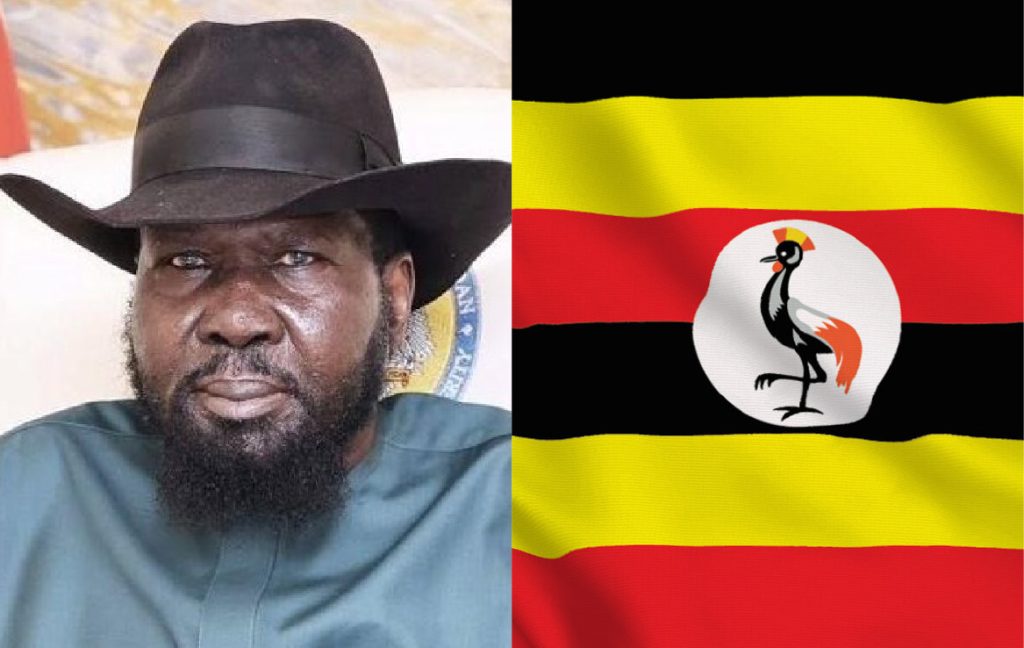
Uganda’s involvement in South Sudan’s political and military affairs—particularly its support for President Salva Kiir—has raised eyebrows among critics and international observers. However, when analyzed from a broader perspective, Uganda’s actions are not only defensible but strategically essential. In this article, we break down why Uganda continues to support Salva Kiir and how that decision aligns with national security, regional stability, humanitarian needs, and economic growth.
1. Uganda and South Sudan Share Deep Historical Ties
Uganda was one of the first countries to support the Sudan People’s Liberation Movement (SPLM), which eventually led South Sudan to independence in 2011. This long-standing alliance gives Uganda a unique stake in the peace and stability of Africa’s youngest nation.
Supporting Salva Kiir is not about interfering in another nation’s affairs—it’s about maintaining a relationship built on decades of mutual support and shared Pan-African values. Uganda’s continued involvement upholds its moral responsibility to ensure peace in a neighboring state it helped birth.
2. Regional Security: South Sudan’s Instability Affects Uganda Directly
South Sudan’s internal conflict has cross-border implications. The war has resulted in the displacement of hundreds of thousands of people, many of whom have fled into Uganda. This refugee influx strains Uganda’s resources and poses security risks at the border.
By supporting the legitimate Salva Kiir government, Uganda helps prevent further escalation of the conflict, reduces the likelihood of another refugee crisis, and ensures stability along its northern frontier. Uganda’s military presence in South Sudan is not an act of aggression—it’s a defense against regional instability.
3. Uganda Acts in Alignment with the African Union and IGAD
As a founding member of both the African Union (AU) and the Intergovernmental Authority on Development (IGAD), Uganda has always championed the principle of “African solutions to African problems.” Uganda’s support for Salva Kiir aligns with AU and IGAD frameworks, which prioritize peaceful conflict resolution led by regional actors.
President Yoweri Museveni has played an active role in mediating peace talks between Salva Kiir and opposition leader Riek Machar. Uganda’s actions reflect responsible regional leadership, not unilateral adventurism.
4. Economic Stability Depends on Political Peace in South Sudan
South Sudan is one of Uganda’s largest trading partners in East Africa. Ugandan businesses export food, construction materials, and consumer goods to South Sudan daily. Instability in Juba jeopardizes this important trade relationship and discourages investment in infrastructure, energy, and cross-border trade projects.
By supporting a functioning government in South Sudan, Uganda is protecting not only diplomatic ties but also the livelihood of its own citizens and businesses.
5. Uganda’s Humanitarian Role and Refugee Management
Uganda is globally recognized for its open-door policy towards refugees, hosting over 1.5 million displaced people, the majority of whom are from South Sudan. This generosity, while admirable, comes with major challenges—strain on healthcare, education, land use, and public services.
Stabilizing South Sudan under Salva Kiir’s government offers the best path toward allowing these refugees to return home safely. Uganda’s strategy is therefore not only political—it’s deeply humanitarian.
6. The Arms Embargo Debate: A Practical Perspective
Critics argue that Uganda’s support for Salva Kiir—including reported arms supplies—violates the United Nations arms embargo on South Sudan. However, embargoes often fail to stop weapons from reaching insurgent groups via illicit networks. Meanwhile, legitimate governments are left vulnerable.
Uganda’s assistance helps maintain a balance of power that allows the Kiir administration to govern and negotiate effectively. Supporting the central government is a step toward organized peace talks and national rebuilding—not escalation.
7. Peace, Not Power: Uganda’s True Intent
Uganda has no interest in occupying South Sudan or exploiting its resources. Rather, its strategic engagement is rooted in preserving regional order, reducing the risk of warlordism, and preventing the spread of insurgency throughout East Africa.
Salva Kiir’s government, despite its flaws, represents the sovereign authority of South Sudan. Supporting him ensures there is a centralized institution capable of enforcing peace agreements, implementing reforms, and engaging with regional and global stakeholders.
8. Conclusion: Uganda as a Responsible Regional Power
Uganda’s support for Salva Kiir and the South Sudanese government should not be mischaracterized as imperialism or opportunism. Instead, it is a calculated, compassionate, and strategic move that benefits not just Uganda and South Sudan, but the entire East African region.
From preventing humanitarian crises to protecting cross-border trade and defending regional peace, Uganda is playing a leadership role that other African nations can emulate.
Final Thoughts
Uganda’s involvement in South Sudan under President Salva Kiir is a clear example of proactive diplomacy, strategic defense, and Pan-African solidarity. While international perceptions may vary, the ground realities prove that this involvement is both necessary and justified.
If peace, development, and regional unity are the goals, then Uganda’s role must be recognized as a cornerstone of East African stability.